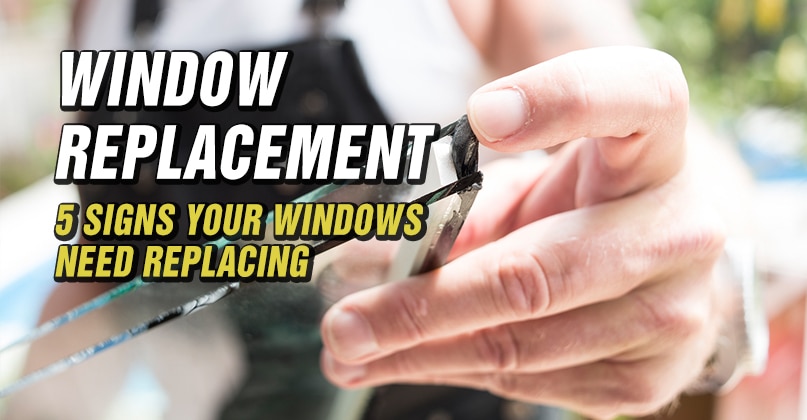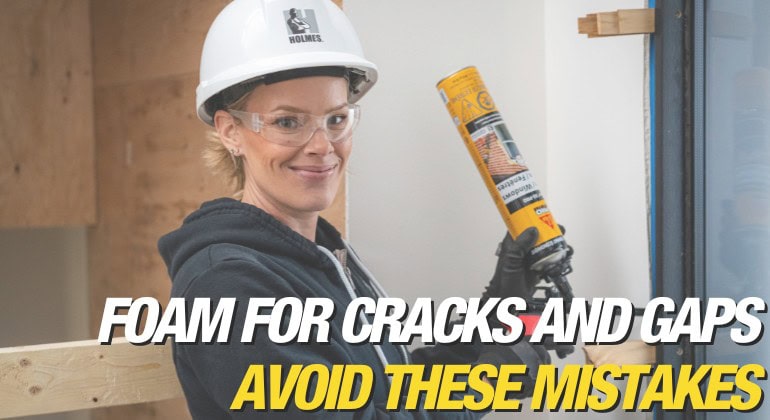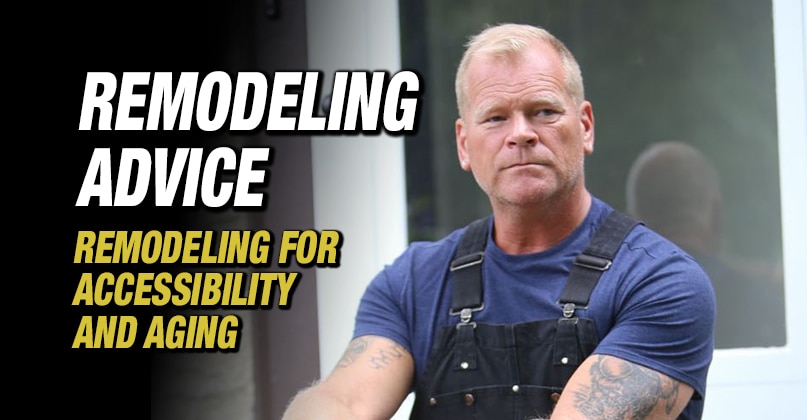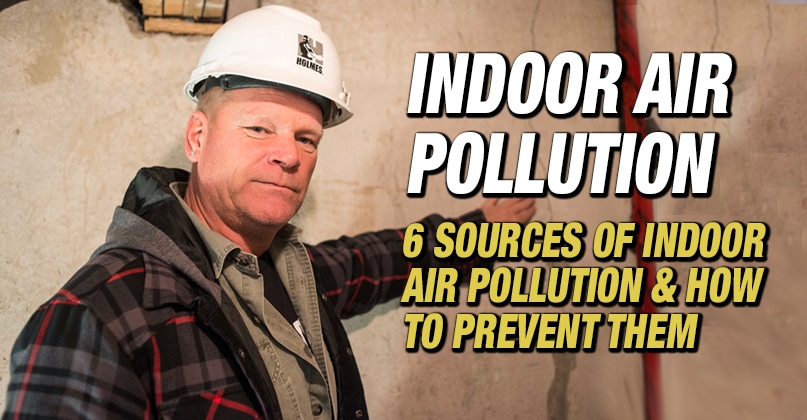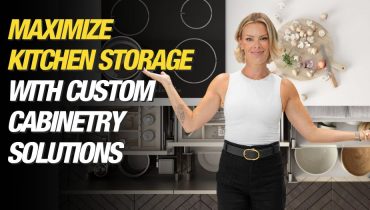I love my kitchen but it’s not large so it gets messy fast – add two growing young daughters, a husband and a cat – you have to stay organized....
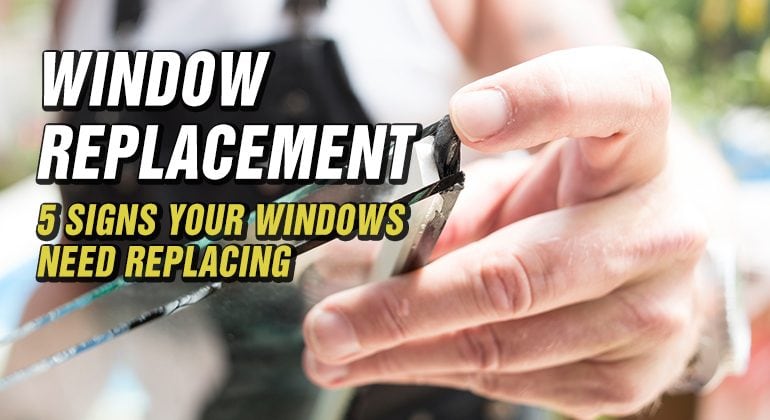
5 Signs Your Windows Needs Replacing
By Mike Holmes
Mike’s Advice / Home Safety & Maintenance
Monday, January 13th, 2020 @ 3:36pm
If your home isn’t new, chances are you’ll be thinking about replacing the windows in your home sometime soon–maybe as part of a bigger renovation, or because they may be inefficient, or maybe you just want something with a different style. Windows also contribute to curb appeal.
Things have changed a lot in the window industry—especially in the last 20 years. New technology and new materials make better windows more affordable and you’ll be amazed at what you have to choose from. I’ve been working with one company, Trimbo, for many years because I trust them to do the job right – and he keeps me up to date with all the latest and greatest when it comes to innovation.
TIP: Opening and closing your windows should not require a lot of muscle. If your windows are difficult to operate, it’s time to look into replacement windows.
Installing a window is not a DIY job. No matter how good the window is that you buy—if it’s not installed properly it’s not worth much. It will leak air—and possibly water—and cost you money on your heating and cooling bills. You’ll end up with high energy costs. Here are five signs you need to replace your windows:
5) WET OR WEEPING WINDOWS
If you see moisture inside the panes, it indicates that you’ve got a water problem with your home. If your home isn’t sealed properly, the warm, humid air from your home and the cool air from the outside smash together causing condensation to build and create some wet windows. Sometimes it’s an inadequate ventilation issue.
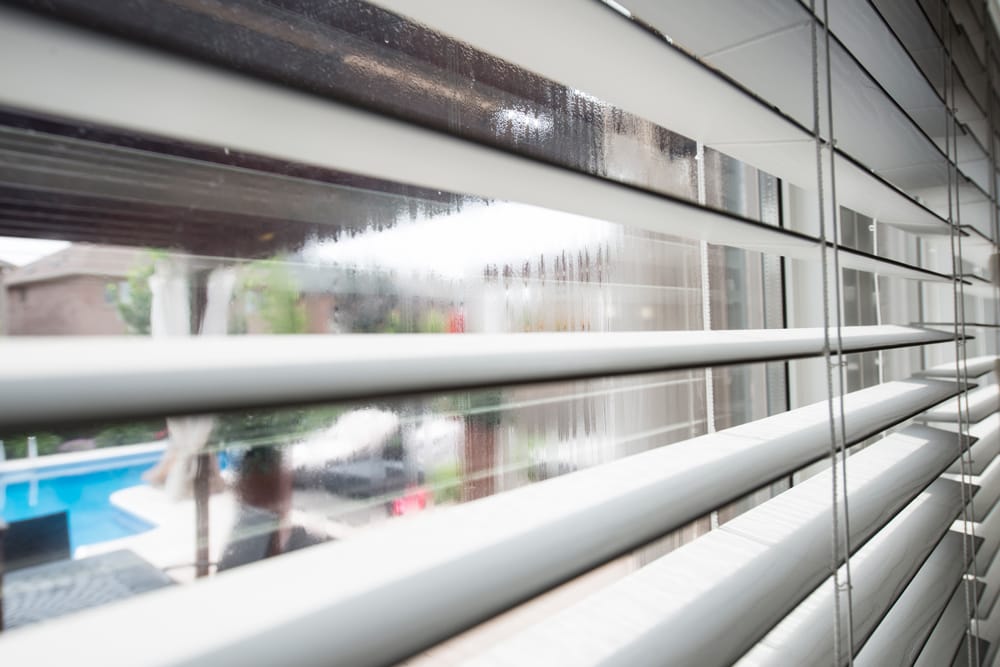
Is a little condensation a big deal? Not if it rarely happens, but a little condensation can go a long way.
It can cause major damage to the frame and wall below. Finishes can start to rot or rust. Then the rot spreads to the structure underneath, turning a fairly small problem into a fairly expensive project.
4) FRAMING HAS ROTTED
Older frames are rarely insulated properly and typically have gaps between the frame and framing. This will add to your heating and cooling bills. When the framing has rotted, due to excess moisture, or has uninsulated gaps it will allow cold air to flow freely into the house. When it’s time to replace, always hire the pro who will do it right, and that may mean taking it down to the studs.
3) NOT INSTALLED CORRECTLY
You can choose the best window on the market, but it won’t do you any good if it’s not installed properly. Poorly installed windows could leak air, water, and end up costing you a lot more money in the long run. If you’re replacing your windows, make sure your contractor takes out the old ones down to the rough stud and cleans it out completely.
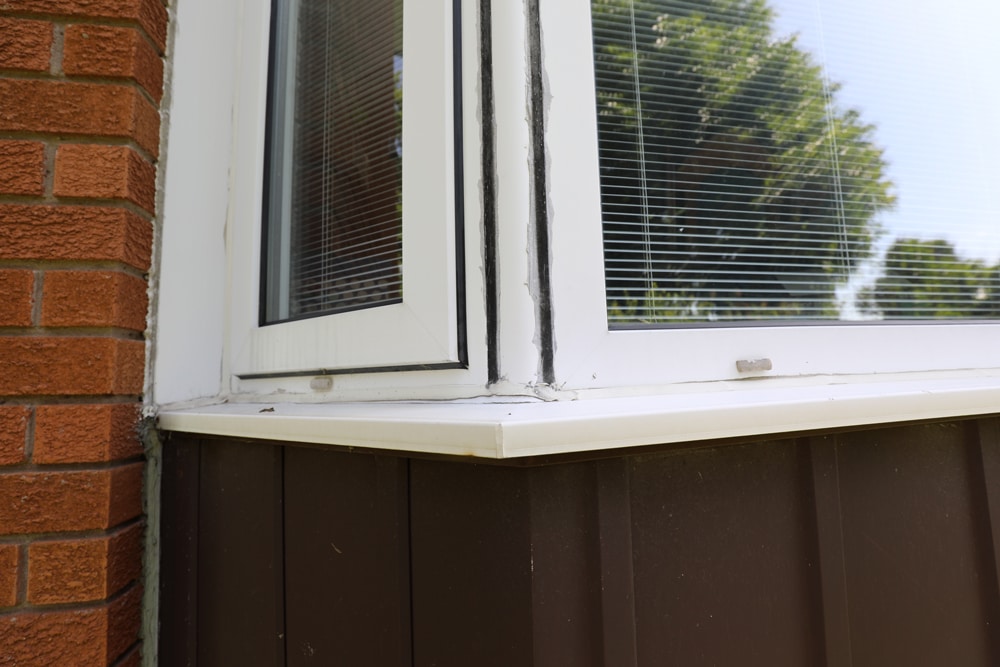
You want them to check for any evidence of damage or rot, and fix that before installing the new windows. Like in this home from Holmes + Holmes season 3.
2) DRAFTS
This is something that you can determine easily. Is it colder near your windows? Hold up a tissue and see if it quivers. If you do have drafts, you are forcing your furnace to work overtime to maintain a comfortable temperature. You’ll see the results on your energy bills.
Sometimes this can be solved by replacing the weather stripping around the leaky units. Make sure you scrape out the old stuff before you replace it with new. We just finished a home for a woman who, when trying to tackle repairs on her own, ended up skipping this important step. The result was that her windows were SERIOUSLY failing, and all that extra caulking was doing her no good.
RELATED
1) SINGLE PANE GLASS
Many older homes still have single or double glazed windows, and they lose a lot of heat. It’s like having a hole in your wall. Make the investment to go with double or triple glazed. Older windows also don’t provide much soundproofing.
Glazing refers to the type of glass used in the process as well as the installation of glass into a window or door sash.
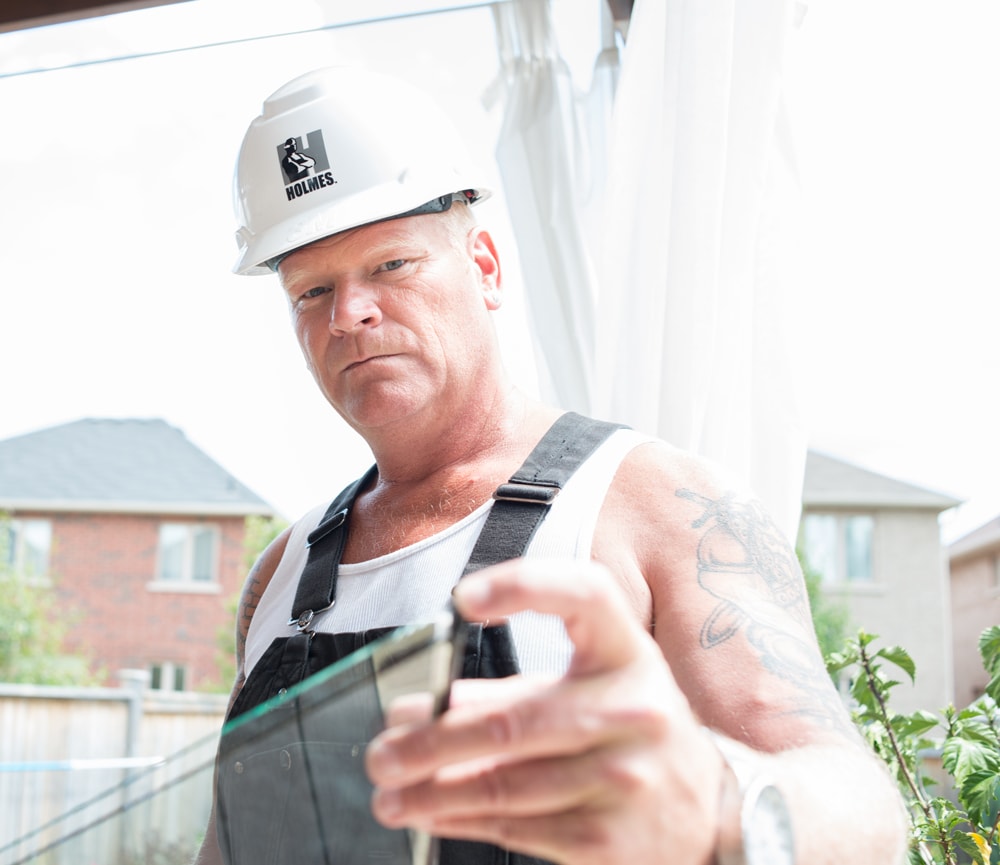
Invest in high quality, energy-efficient windows in your home for the long term. It will be worth the investment. Trust me.
Low E Glass rejects UV rays but still allows natural light to come in. The air trapped between the panes of glass in a double-glazed thermal glass acts like insulation. Argon gas is a much better insulator than normal air. In fact, choosing argon gas can help improve the energy efficiency by 6%.
It’s a good idea to have your house tested for airtightness by having an energy audit. And you can often get a rebate from the government on improvements you’ve made to increase your home’s energy efficiency. A home that’s properly insulated, with minimal air leakage will use every bit of energy it expends to run the house efficiently. This means you’re not running the air conditioning or furnace more than you have to. That saves you money every month on your energy bills.
READ NEXT:
